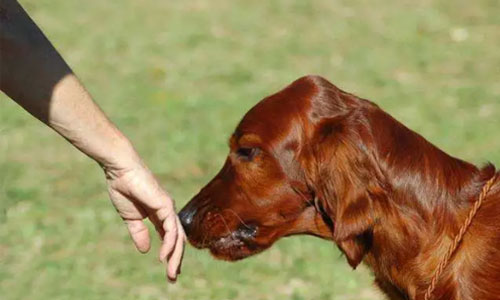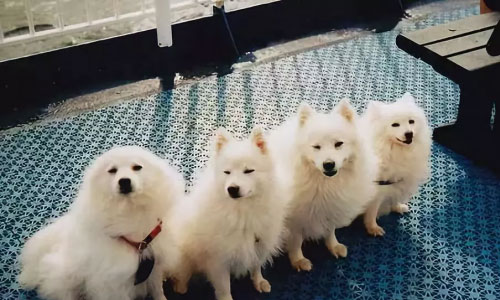
For all the people who have pets, they may have the following questions:
"how long can my baby stay with me? What if it's gone one day? "
Also, we are often asked by clients:
"Can my cat /dog be cloned after death?"
"Can their hair, bones and blood be cloned?"

Although we have explained it many times, we believe that there are still many pet owners who are not sure about the perfect time of sampling for animal pet cloning and whether their pets have the chance to be cloned successfully. This article will help you to sort out these problems, and I believe that you’ll have a better understanding and grasp the key moment of pet cloning.
1. Can cats /dogs be cloned after their death?
The answer is yes. It is possible to clone pet cat or dog if living cells can be collected and cultured after death.
If the animal has died, if possible, wrap the body in a damp bath towel and put it in the fridge, not the freezer. In general, it is possible to collect living somatic cell within one week after the death of the dog and three days after the death of the cat. Be careful not to freeze them. In general, it is impossible to collect living pet cell after the body is frozen. Most of the tissue cells are composed of liquid. Ice crystals will be formed after freezing, and the genetic material will be destroyed. Therefore, the genetic material in the frozen cells will be ineffective and can no longer be used for animal cell cloning.

2. Can hair, bone, and blood be used for pet cloning?
No. Only complete and active somatic cells can be used for pet cloning.
Hair, scurf, bone, nail, saliva, bloodstain and other materials are all possible to extract DNA from an organism. It is used for DNA testing or paternity test because the inactive cells can still retain complete DNA and can be obtained by scientific means. However, this does not mean that living cells can be extracted from those samples. The premise of gene cloning is to obtain complete and active somatic cells. Cells that have died due to metabolism can no longer grow, divide, and produce new cells.

Now we know when dead dogs and cats can be cloned and when they cannot. In order to avoid regret, in fact, the best way is to do cell preservation as early as possible. Save the cells of dogs and cats in advance when they are healthy, so as to have a chance to start again when something unexpected happens one day.
